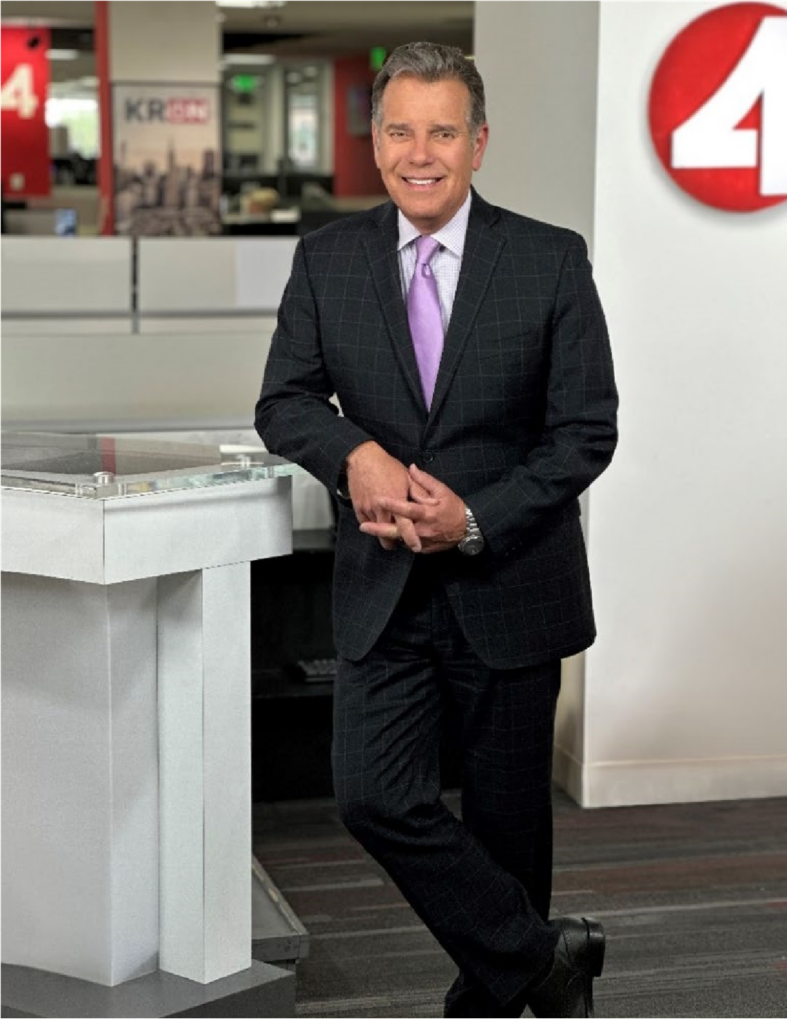 With the exception of the Dow, the rest of the markets struggled for direction Friday on what turned out to be a quiet news day as traders prepared for the long Presidents' Day weekend.
With the exception of the Dow, the rest of the markets struggled for direction Friday on what turned out to be a quiet news day as traders prepared for the long Presidents' Day weekend.
Dow Finishes Up 46, Nasdaq Slips 8
NEW YORK (AP) — The Dow edged teasingly close to the 13,000 marker on Friday, a milestone it hasn’t reached since before the financial crisis brought the U.S. economy to its knees.
The Dow Jones industrial average rose 45.79 points, or 0.4 percent, to close at 12,949.87, its highest close for the year so far. That followed a 123-point surge the day before, when it also set a closing record for 2012.
The rest of the market struggled for direction on what turned out to be a quiet news day as traders prepared for the long Presidents’ Day weekend. The Standard & Poor’s 500 rose 3.19 points, or 0.2 percent, to 1,361.23, also setting a record close for 2012. The Nasdaq composite, after surging Thursday, fell 8.07 points, or 0.3 percent, to 2,951.78. Greek debt talks idled and a key economic indicator, U.S. consumer prices, came in at about what analysts were expecting.
The Dow hasn’t closed above 13,000 since May 19, 2008, a time when the Bush administration was still in charge, Lehman Brothers and Merrill Lynch still existed, and unemployment was just 5.4 percent, compared to the current 8.3 percent.
Though 13,000 in some ways would be just a number on a board, with no direct bearing on the fundamentals of the economy, its psychological effect could still be important. People and businesses tend to spend based on how they feel about the economy, and big round numbers can affect feelings just as much as money in the wallet.
“It’s not an insignificant psychological barrier,” said Marc Scudillo, managing officer at EisnerAmper in New Jersey. “People still need to have that vote of confidence that investing in U.S. companies is still the right direction to go long-term.”
On the other hand, popping up to 13,000 could also have a contradictory effect on the Dow. It would almost certainly trigger requirements in some investment firms to sell off some of their stocks, which could briefly push the index back down.
By some accounts, the market is stalling out under the weight of conflicting headlines about the U.S. economy and about Greece, which is trying to secure rescue loans from other European countries so it won’t default on debt due next month.
Though recent news about jobless claims and housing starts have been incrementally better, they’re still far below where they need to be for a full recovery. Greece and its lenders no sooner hammer out one portion of a debt deal before they find something else to disagree on. In the 33 trading days of 2012 to date, the Dow has risen on 19 and fallen on 14.
“Today is just waiting to see what’s next,” said Sanjeev Bhojraj, an accounting professor at Cornell’s Johnson business school. “You don’t know which way to go – you’re hoping the news will help you figure it out.”
For the most part, the market has moved higher this year, despite worries that the rally is being driven just by emotion rather than economic fundamentals. The Dow is up 6 percent in the first seven weeks of this year. In all of 2011, it rose 5.5 percent.
Some of that could be an early-year pop. Last year, all three major indexes rose in the first quarter before giving up at least some of those gains by year’s end.
The yield on the benchmark 10-year Treasury note rose to 2.01 percent from 1.99 percent late Thursday. That’s a sign that investors are moving money out of safe-haven government bonds and into riskier investments like stocks.
Major European indexes rose, including a 5 percent surge in Greece’s ATHEX. The euro rose slightly to $1.32, indicating confidence in Europe.
There were some encouraging signs that Greece could secure its bailout deal next week. The finance ministers of the euro zone countries are meeting Monday to finalize the terms. A spokesman for German Chancellor Angela Merkel said that she as well as the leaders of Greece and Italy are “optimistic” that a deal can be reached.
Among stocks making big moves:
– Campbell Soup rose 3 percent after beat analysts’ expectations for quarterly earnings. The company is in the midst of a turnaround plan that includes adding more expensive, higher-quality soups and broadening offerings in its snack, beverage and other categories
– H.J. Heinz rose 5 percent after beating expectations for quarterly earnings and revenue. The ketchup maker was helped by a big sales increase in emerging markets like China, Russia and Latin America.
– Madison Square Garden jumped in afternoon trading after reports circulated that it had reached an agreement with Time Warner Cable to let Time Warner customers view MSG sports programming. That ends a blackout that infuriated customers anxious to watch New York Knicks point guard Jeremy Lin. Madison Square Garden was flat for most of the day before rising to close up 3 percent.
– Gilead Sciences plunged 14 percent after the drugmaker said a promising hepatitis C treatment it recently acquired may have to be used with other drugs in patients with the disease. The company said some patients in a small part of a mid-stage study relapsed within a month of completing the treatment.

























Comments (0)